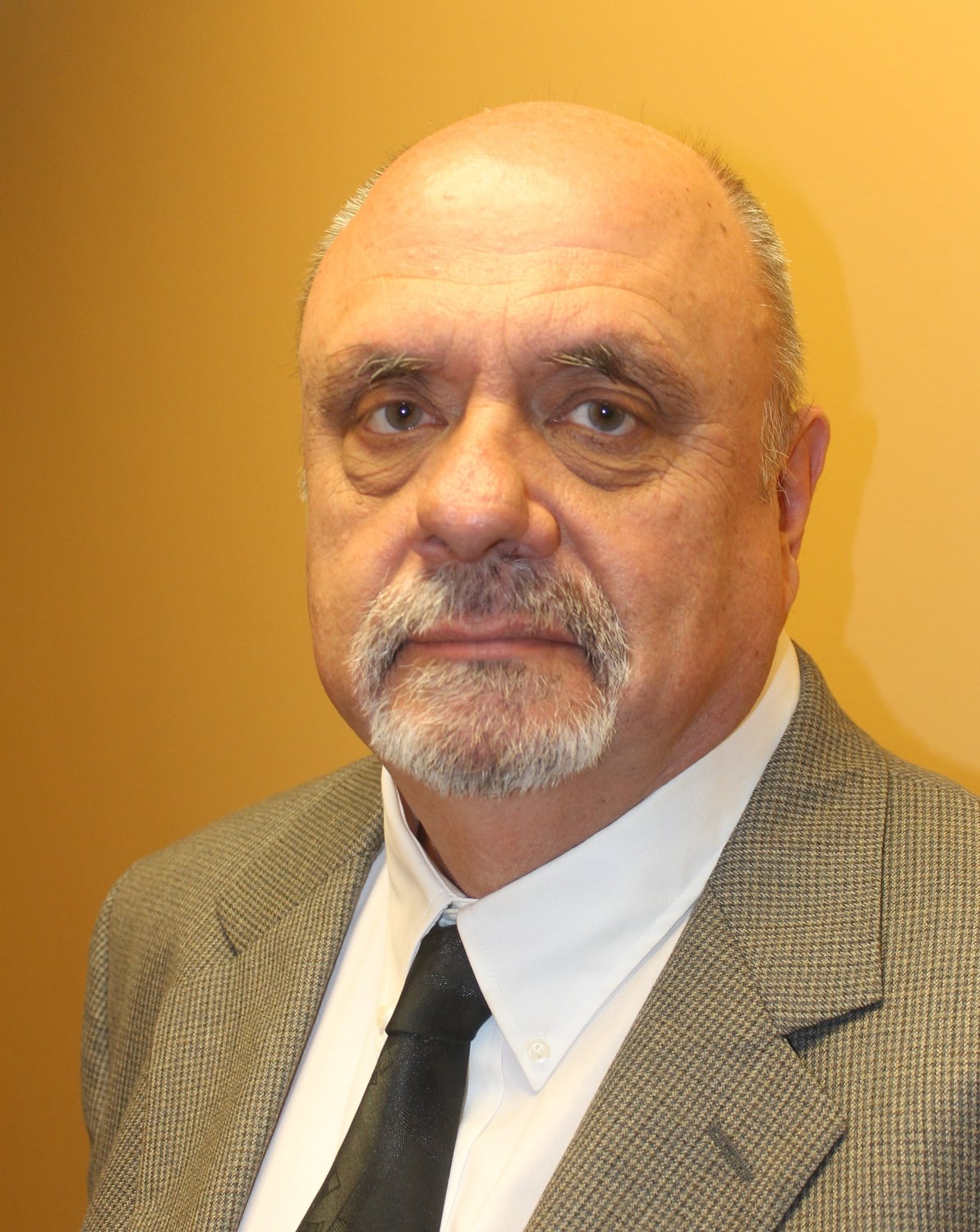Jennifer Bradley sheds the light on her solar power bill
Jennifer Bradley has a problem with some of the shady reporting about her bill to end solar power payback programs.
The State Senator (R-District 5) from Fleming Island was criticized for proposing a bill to end the practice of residents with rooftop solar power units being allowed to sell back unused electricity at retail prices.
Media outlets who’ve been critical of Florida Power and Light drew Bradley into their investigation after her political action committee received a $10,000 donation from FPL’s parent company NextEra Energy.
The connection, she said, is misleading.
Bradley said power companies initially offered incentives to jumpstart solar energy by buying back electricity from the grid for those who supplement their needs with rooftop panels.
Millions of residents took advantage of the program – not only for the financial benefits but to become more energy efficient.
However, most states have ended the program because it shifts operational costs to those who can’t or don’t have solar power.
“What people don’t understand is 70% of the costs don’t involve electricity,” Bradley said as she prepared this week for the new legislative session.
Operational costs include construction, equipment, salaries and everything needed to create, collect and deliver electricity.
Florida is one of the few states that still allow net metering. If a customer uses 100 watts and their solar power unit was responsible for 40 watts, they can sell back 60 watts back to FPL at retail prices.
The difference then is absorbed by other customers who don’t have solar panels, Bradley said.
“A lot of the people this affects live in District 5,” she said. “We’re paying for the people who have solar power who live on the beach.”
Bradley said thousands of customers, especially those who live in multi-family units, apartments, condominiums and those with low incomes, aren’t able to install solar power panels. According to roofingcalc.com, the average cost to install a system in Florida ranges from $18,800 to $23,600.
Many states, including California and Nevada, allow customers with rooftop solar power systems to pay for power taken from the grid, minus power created by solar. While those customers pay less, they aren’t able to sell electricity back to the companies.
Most electric companies, however, offer rebates to offset the costs. Companies that serve municipalities and operate as a cooperative already have done away with their buyback programs. That includes Clay Electric, Green Cove Springs and JEA. Other companies, particularly FPL, now want to stop the practice of buying back electricity.
FPL delivered draft language to Bradley’s office and she used some of that information to introduce Senate Bill 1024 which would eliminate an arrangement known as net metering. Some argued the bill would stop the incentives for homeowners to install solar power systems.
That’s not so, she said. If a customer uses 40 watts from solar panels and 60 watts from the grid, their bill would be 20 watts. It simply stops the practice of them profiting from their 40-watt usage.
Some outlets then connected a political donation to Bradley’s PAC, Women Building the Future, suggesting the company was paying for her support.
“I’d be glad to get draft language from the solar power industry, too,” Bradley said.
According to opensecrets.org, FPL has been very active in making campaign contributions. Records show the company doles out support across the board.
FPL has given $93,000 to Democrats for the upcoming election cycle, according to openrecords.org, and $91,500 for Republicans.
Records also show FPL has donated to 166 campaigns in Florida.
“(FPL) is engaged in Florida candidates,” Bradley said. “The idea they gave our PAC money to support them, that’s silly. I care about the needs of the constituents in District 5.”
FPL’s $10,000 contribution to Bradley’s group is small compared to her overall re-election fund. She won the election to replace her husband, Rob Bradley, in 2020 with nearly 75% of the vote. Her campaign already has taken in about $500,000 and she is expected to easily win re-election. (So far, she is running unopposed.)
Her district includes all of Clay, Baker, Bradford, Columbia, Dixie, Gilchrist, Lafayette, Levy, Suwannee and Union counties, and a portion of Marion County.








